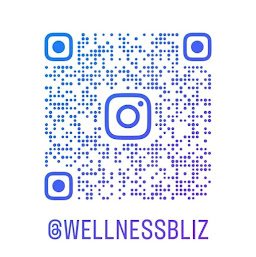The Best Age to Get Pregnant: Understanding the Optimal Time for Motherhood
Bringing a child into the world is a life-changing decision that depends on numerous factors, with age being a significant consideration for many prospective parents. While there's no one-size-fits-all answer, understanding the implications of age on pregnancy and childbirth can assist individuals in making informed choices about their reproductive journey. Determining the best age to get pregnant involves various factors that impact both the mother and the child's health
Early 20s: Fertility and Youth
Fertility tends to be at its peak during the early 20s. Women in their early twenties usually have a higher likelihood of conception and a lower risk of pregnancy complications. Biologically, this age bracket typically experiences fewer difficulties related to fertility issues.
Late 20s to Early 30s: Balancing Career and Parenthood
Many individuals nowadays choose to focus on their careers or personal growth before starting a family. For those seeking a balance between professional aspirations and family planning, the late 20s to early 30s might be a suitable window. Fertility remains relatively high during this period, and the body is generally better equipped to handle pregnancy.
Mid to Late 30s: Considerations and Risks
As women approach their mid to late 30s, fertility gradually declines. The quality and quantity of eggs decrease, increasing the time it takes to conceive. Although pregnancy is still very possible, there is a higher chance of complications, such as chromosomal abnormalities and miscarriages. Seeking medical advice becomes crucial to address potential risks and ensure a healthy pregnancy.
After 40: Challenges and Alternatives
Conceiving after 40 becomes more challenging due to decreased fertility and an increased risk of pregnancy-related complications, including gestational diabetes, high blood pressure, and genetic disorders in the child. Fertility treatments or assisted reproductive technologies might be considered for those wishing to conceive at this stage, but they come with their own set of considerations and risks.
Conclusion
Determining the ideal age to get pregnant is a deeply personal decision that varies for each individual or couple. It's essential to consider personal circumstances, health factors, and professional goals when contemplating parenthood. Consulting with a healthcare professional or fertility specialist can provide valuable insights and guidance tailored to one's specific situation.
Remember, while age is a crucial factor in fertility and pregnancy, there is no universally "best" age to get pregnant. What matters most is making a decision that aligns with personal readiness, health considerations, and the ability to provide a loving and nurturing environment for a child.
This article provides an overview of the considerations surrounding the best age to get pregnant, but it's important for individuals to seek personalized medical advice based on their unique circumstances.









0 Comments